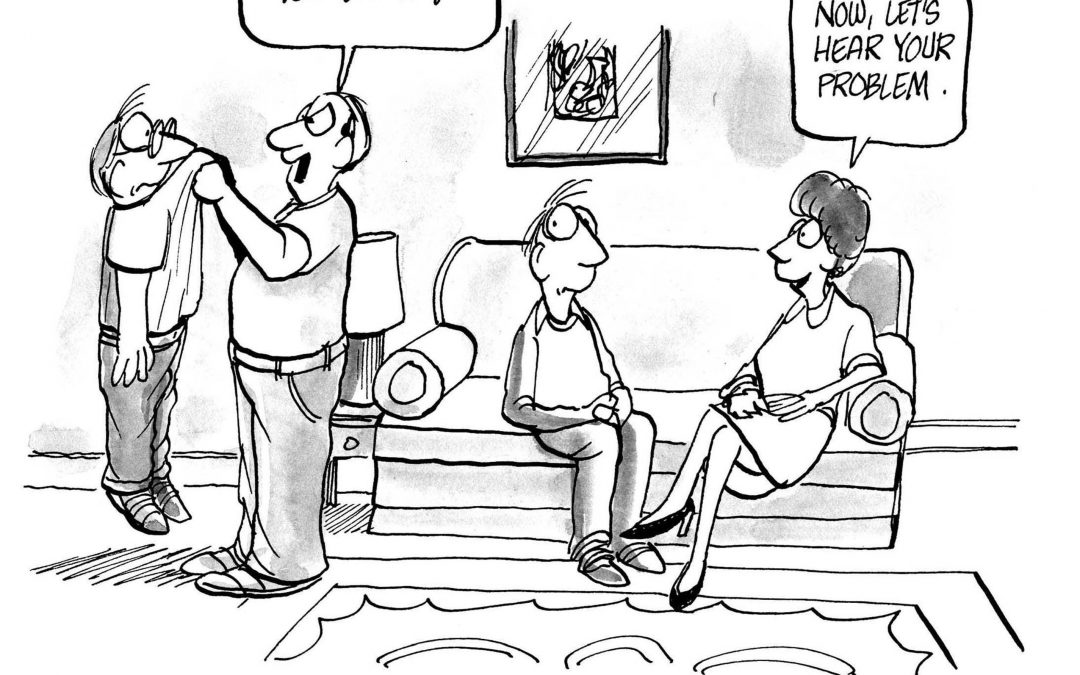First, I suggest you read my couple’s story Repaired There you may find it’s not a straight line from dead relationship to growing together again. Life Happens! Few people can afford the six month commitment of time and money that the psychology today article recommends. You could pay for a family a holiday instead of 24 sessions. Sometimes a break is all you need to get back to everyday team work. However, to get back to a deep connection of mutual understanding, support and intimate connection – that takes work. To feel again that your partner has your back, that you matter under all circumstances that life has and will throw at you, and that in those past critical failures of team work that you can repair – that takes the development of heart muscle. REPAIR is the critical element inside and outside of couple therapy. The willingness to repair, and the readiness to take ownership of the problems are the most important gifts the couple can bring to therapy. The skills required to nurture repair are amongst the most important things therapist teach their couples.
Below is psychology today’s take on this question.
The good news is that couples therapy as it is currently practiced – using Emotionally-Focused CoupleTherapy (EFCT) – is now roughly 75 percent effective. Outcome studies have included couples therapy for high-stress clients such as military couples, veterans with PTSD, parents of chronically ill children, and infertile couples. Results are also positive and substantial across different cultural groups.
Positive outcomes are most likely when the partners beginning therapy have a willingness to learn some basic skills and to become more self-aware as well as emotionally vulnerable to each other. Only very basic communication skills are necessary, such as using “feeling” words. Many people have difficulty distinguishing feelings from thoughts. However, this skill can be learned, and it is encouraged during the therapy process.
A second important characteristic of successful couples is the ability to stop seeing each other as the opponent but rather as a team member, working to improve mutual contentment. Seeing yourselves as being “on the same team” increases cooperation and also each person’s willingness to be emotionally vulnerable.
Thirdly, the ability to feel empathy for the partner is a critical part of the work in EFT. Each person needs to have compassion for the other’s feelings of vulnerability and past emotional traumas.
Lastly, a prerequisite for success in couples work is the willingness of each person to own their part in the problems as well as the process of bringing about positive change.
